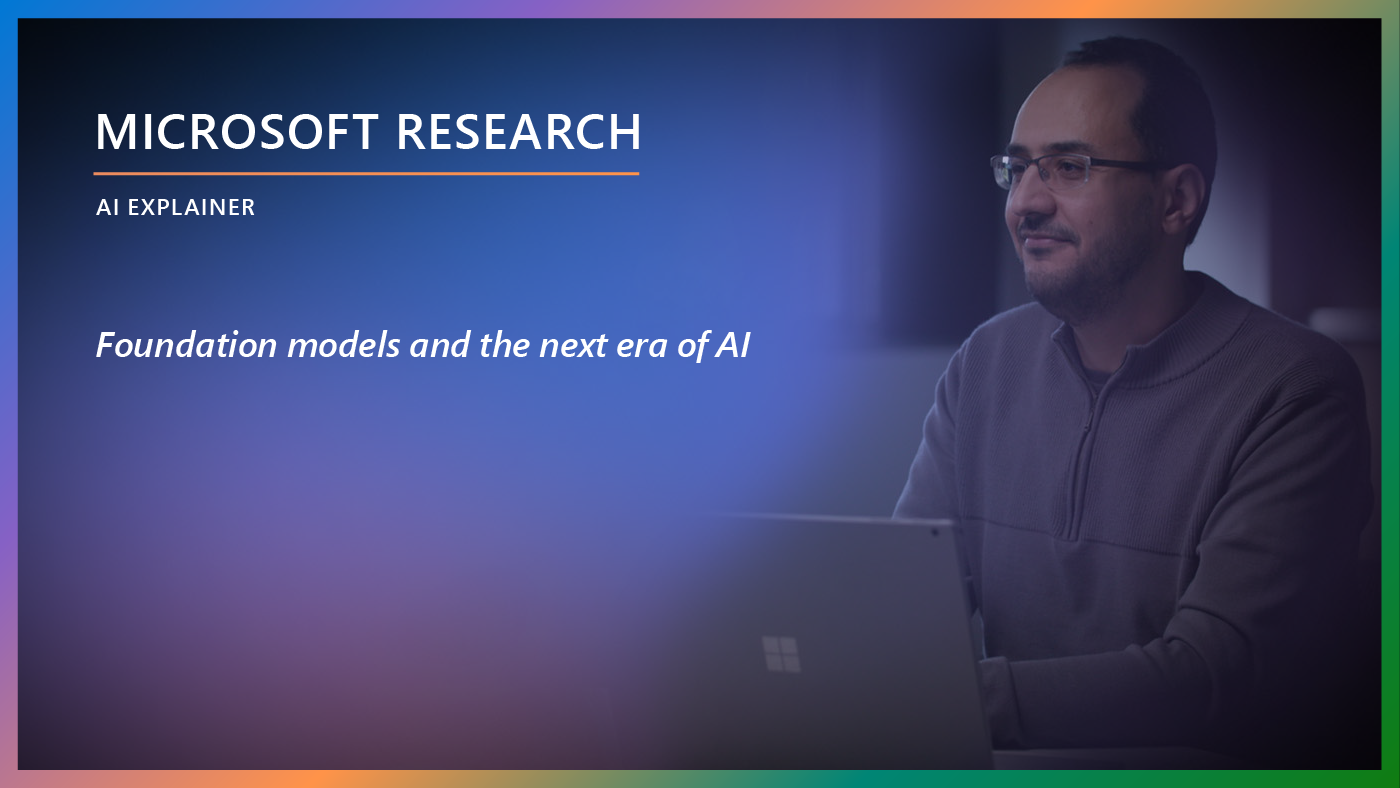
In an era increasingly steered by data, machine learning is a pivotal force, transforming vast amounts of information into actionable intelligence with unprecedented speed and accuracy. For example, recent advances in machine learning have led to breakthroughs in precision health, helping doctors make more informed decisions about patient care. Similarly, in climate science, machine learning is improving scientists’ ability to predict and mitigate the impact of extreme weather events. These innovations illustrate that machine learning not only streamlines workflows, it also equips people with the tools to tackle some of today’s most pressing challenges with efficiency and innovation.
As the field continues to evolve, the International Conference on Machine Learning (ICML 2024) serves as a premier forum that showcases the latest breakthroughs and innovations, bringing together researchers, academics, and industry professionals from across the globe. Microsoft is proud to support ICML 2024 as a returning sponsor and is pleased to share that 68 papers by Microsoft researchers and their collaborators have been accepted this year, including four chosen for oral presentations.
This post highlights these presentations, each exploring machine learning’s potential to refine decision-making processes, improve automation, and model complex behaviors. A good example is NaturalSpeech 3, which introduces a new approach to speech synthesis that could transform how machines communicate. Together, these advances not only demonstrate the versatility and depth of machine learning applications, but also underscore an ongoing commitment to solving practical and theoretical challenges. Continue reading to discover more about this research and explore some of Microsoft’s contributions to ICML 2024.
Oral sessions
CompeteAI: Understanding the Competition Dynamics in Large Language Model-based Agents
Qinlin Zhao, Jindong Wang, Yixuan Zhang, Yiqiao Jin, Kaijie Zhu, Hao Chen, Xing Xie
This study aims to explore the possibilities of using LLM agents to help accelerate social science research. To that end, the authors propose a framework for studying agent competition by implementing a competitive environment, using GPT-4 to simulate a virtual town featuring restaurant and customer agents. Restaurant agents compete to attract customers, driving them to develop new operating strategies. Findings highlight phenomena such as social learning and the effect of accumulated advantage, aligning with existing sociological and economic theories. Further investigation into agent competition could enable a better understanding of society.
NaturalSpeech 3: Zero-Shot Speech Synthesis with Factorized Codec and Diffusion Models
Zeqian Ju, Yuancheng Wang, Kai Shen, Xu Tan, Detai Xin, Dongchao Yang, Yanqing Liu, Yichong Leng, Kaitao Song, Siliang Tang, Zhizheng Wu, Tao Qin, Xiang-Yang Li, Wei Ye, Shikun Zhang, Jiang Bian, Lei He, Jinyu Li, Sheng Zhao
This work introduces NaturalSpeech 3, a text-to-speech (TTS) system using novel factorized diffusion models for zero-shot speech generation. First, the research team developed a neural codec with factorized vector quantization (FVQ) to separate speech waveforms into content, prosody, timbre, and acoustic details. Second, the factorized diffusion model generates attributes in each subspace based on corresponding prompts. This divide-and-conquer approach allows NaturalSpeech 3 to model intricate speech effectively and efficiently. Experimental results show that NaturalSpeech 3 surpasses state-of-the-art TTS systems in quality, similarity, prosody, and intelligibility.
Position: Rethinking Post-Hoc Search-Based Neural Approaches for Solving Large-Scale Traveling Salesman Problems
Yifan Xia, Xianliang Yang, Zichuan Liu, Zhihao Liu, Lei Song, Jiang Bian
Recent advances in solving complex routing problems, like the traveling salesman problem (TSP), use a novel approach where machine learning (ML) models generate heatmaps to guide Monte Carlo tree search (MCTS) algorithms. These heatmaps indicate the likelihood of each route being part of the optimal solution. However, the authors’ analysis questions the effectiveness of ML-generated heatmaps. They found that a simple method often outperforms complex ML approaches. Additionally, the heatmap-guided MCTS is less effective than the traditional LKH-3 heuristic. The authors recommend that future research focus on better heatmap methods and more versatile ML approaches for combinatorial problems.
PRISE: LLM-Style Sequence Compression for Learning Temporal Action Abstractions in Control
Ruijie Zheng, Ching-An Cheng, Hal Daumé III, Furong Huang, Andrey Kolobov
Temporal action abstractions promise more effective AI decision-making and data-efficient training of large robotic models. This work draws a novel analogy between temporal action abstraction and text tokenization—a seemingly unrelated sequential data compression mechanism in LLMs typically implemented using byte pair encoding (BPE). Based on this, the authors propose Primitive Sequence Encoding (PRISE), an approach that combines action quantization with BPE for skill learning for continuous control. Results show that high-level skills learned by PRISE from robotic manipulation demonstrations greatly improve behavior cloning performance in downstream tasks.
Discover more about our work and contributions to ICML 2024, including our full list of publications and sessions, on our conference webpage.





